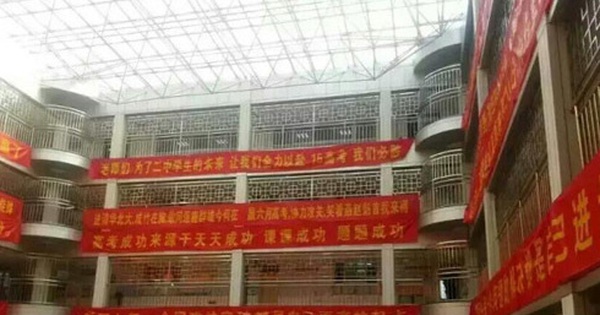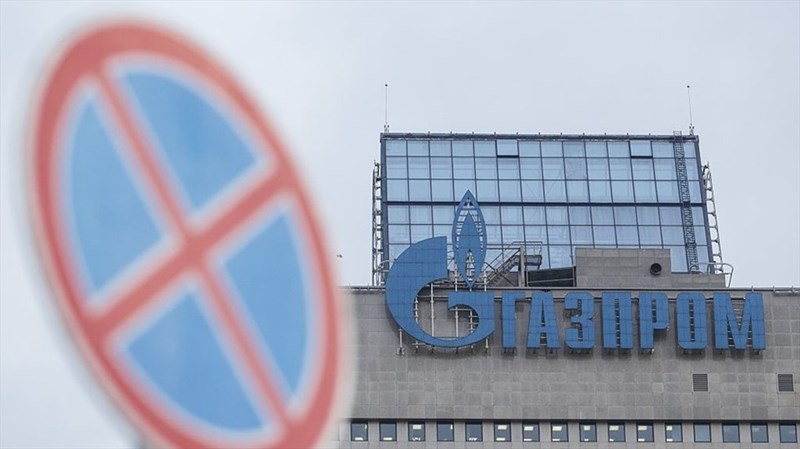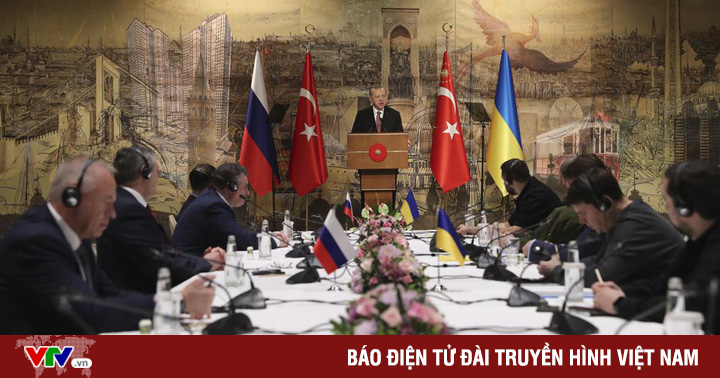Strike in Sri Lanka, thousands of shops, schools and businesses closed
Sri Lanka declared a state of emergency after riots on May 1. Photo: Reuters
Thousands of shops, schools and businesses in many cities of Sri Lanka had to close yesterday. Caused by employee strikes in the public and private sectors.
Sri Lanka’s Finance Ministry announced last week that due to the impact of the COVID-19 epidemic, high oil prices and tax policies, Sri Lanka currently has less than 50 million USD of usable foreign currency reserves. In addition, there is a shortage of imported food, gasoline and medicine.
It is forecast that Sri Lanka will experience unprecedented economic difficulties for at least two more years, with the risk of an imminent cash crisis in this country.
Sri Lankan President declares second state of emergency
Sri Lankan President Gotabaya Rajapaksa declared a state of emergency for the second time in five weeks on May 6, giving security forces more powers to deal with a rising wave of anti-government protests. causing the country to fall into a state of stagnation.
A spokesman for the President of Sri Lanka said Rajapaksa had applied tough laws to ensure public order after unions staged a nationwide strike on the same day to demand the leader. This leader resigned due to the worsening economic crisis. Protests have closed shops, schools and paralyzed public transport.
“The President has used his executive power to impose emergency regulations to ensure the maintenance of essential services and public order,” the spokesman said. The state of emergency will take effect from midnight on May 6 (local time).
Earlier on the same day, police used tear gas and water cannon to disperse students who tried to storm the Parliament building demanding President Rajapaksa’s resignation. The state of emergency gives Sri Lankan security forces far-reaching powers to arrest and detain suspects for extended periods of time without judicial oversight, and allows the deployment of troops. beside the police to maintain law and order.
President Rajapaksa declared a state of emergency for the first time on April 1, a day after thousands of protesters tried to storm his residence in the capital Colombo. This order expires on April 14.
Currently, Sri Lanka is deeply in the midst of a serious financial crisis. Sri Lanka’s Ministry of Finance announced last week that due to the impact of the COVID-19 epidemic, high oil prices and tax policies promoted by the government of President Rajapaksa, Sri Lanka currently has less than 50 million USD in reserves. available foreign currency.
* Invite readers to watch the programs broadcast by Vietnam Television on TV Online and VTVGo!
at Blogtuan.info – Source: vtv.vn – Read the original article here



